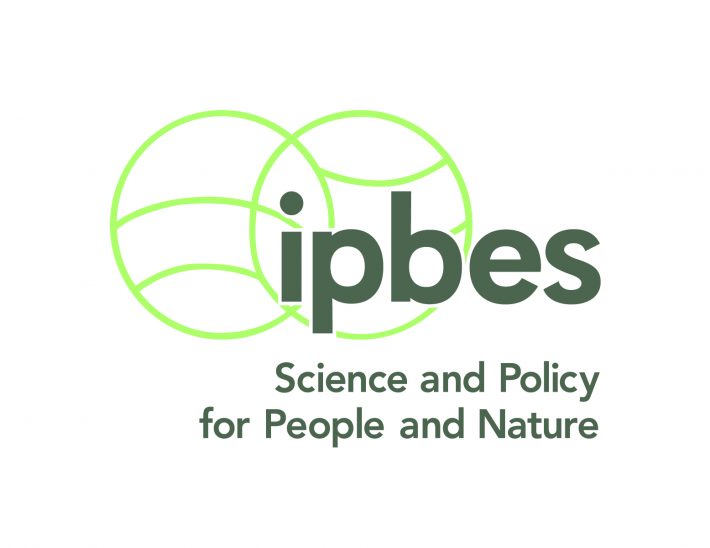IPBES call for experts and fellows
The Intergovernmental Science-Policy Platform on Biodiversity and Ecosystem Services (IPBES) has put out a call for experts to contribute to its upcoming nexus and transformative change assessments. The BES can nominate its members for these roles.
*article updated 11th August to include the IPBES call for fellows*

At the BES we are constantly looking for ways to contribute to, and benefit from, cross-boundary cooperation. As part of our international collaboration efforts, the BES has joined the Intergovernmental Science-Policy Platform on Biodiversity and Ecosystem Services (IPBES) as a stakeholder. Here, we provide a brief overview of IPBES, but see this autumn’s issue of Niche for an article with more detail on BES’s role as a stakeholder.
What is IPBES?
IPBES was established in 2012, bringing together experts from around the world to strengthen the science-policy interface. It has quickly become a well-respected organisation that is key to informing international policy. It works in four main areas: assessing knowledge, capacity building, strengthening knowledge foundations and supporting policy.
IPBES is most well-known for its global, regional and thematic assessments. The 2019 global assessment is the most comprehensive global overview to date of the state of the natural world, how it is changing, and how that affects human society. Regional assessments go into more detail within four broad global regions, as threats and opportunities vary between them. Other assessments focus on particular topics, such as the pollination assessment, or methodological issues, including the scenarios and models assessment.
New assessments
As an IPBES stakeholder, BES can nominate people to be considered for IPBES work programmes, which are largely carried out voluntarily by scientists and experts. IPBES Plenary 8, which took place in June this year, approved the scoping reports of two new thematic assessments. A nexus assessment will examine the interlinkages among biodiversity, water, food and health. A transformative change assessment will aim to identify societal factors that restrict, or present opportunities for, the radical changes required to achieve the CBD’s 2050 Vision for Biodiversity.
These two assessments are now formally underway, and a call for nominations of experts went out on 19 July. Please read the call for nominations and if you think that you fit the profile required by IPBES, we encourage you to apply by the deadline of 6 September.
The call for fellows went out on the 10th of August and applications close on the 20th of September. The IPBES fellowship programme, targets those at an early career stage who wish to gain experience with IPBES. The announcement states: “Selected fellows will participate in the preparation of the chapter of the assessment for which they are selected, and their contribution acknowledged as part of the citation for that chapter. Fellows will attend author meetings and receive training to gain an in-depth understanding of the IPBES assessment processes and the science-policy interface. Fellows will also be paired up with a mentor for the assessment period”.
During the application process, you can choose the BES as a Nominator and we will be invited to approve your application. If you are going to do this, please get in touch with Sarah beforehand to let us know, and use the same email address to choose BES as your Nominator in the application. Alternatively, governments of member states can nominate experts. If you would like to pursue this, then get in touch with your National Focal Point. Working with IPBES presents a great opportunity for ecologists to translate their expertise into work that policy makers around the world use to make decisions.
It is worth bearing in mind that the work is not paid, and the investment of time can be quite significant. We therefore recommend that you talk to your university or organisation before applying. Despite this, working with IPBES presents a great opportunity to translate your expertise into work that policy makers around the world use to make decisions.
Like what we stand for?
Support our mission and help develop the next generation of ecologists by donating to the British Ecological Society.